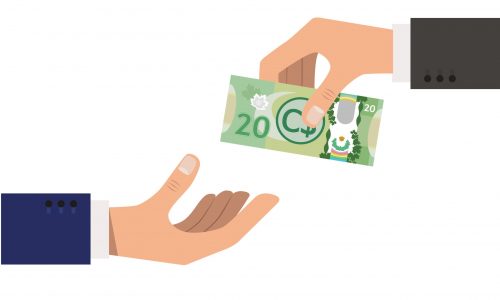When you pay a supplier, they keep track of your dues vs payments in a list called Account Receivable. The Account balance tells how much you still owe. If the supplier records all your payments correctly, then the balance will be accurate. But it’s not always the case, which, at the end of the day, may well cost you money.
In my experience with small businesses, I have seen two things happen: (a) their payments went missing in the suppliers’ records and (b) their inadvertent overpayments were unnoticed. Let me share two examples that explain those points:

1. A Business paid their supplier who received the payment. However, the supplier did not properly record it under the Account of that Business. So, the payment was lost somewhere in the supplier’s internal records. After a few weeks the supplier thought that the Business still owed them money and communicated so to the Business. The Business took their word as the truth.
2. Another Business inadvertently overpaid their supplier. With high frequency of payments, occurrence of such an error was not unexpected. It was an honest supplier who would have notified the Business about the overpayment. But the supplier’s clerk was not good at tracking the dues vs payments. So, the Business did not know about the overpayment until it checked its own records a few months down the road.
You have to ask yourself if you want to rely on your suppliers to have good systems set up to capture such errors for you. In almost all cases, the answer is No. Your business should keep track of all its payments.
Does your bookkeeper do that for your business? The chances are that he is not, unless you explicitly contracted him to perform this job.
Here is how you could help your bookkeeper to check your payments:
a) Identify the suppliers to whom you make frequent payments.
b) Arrange the suppliers to provide you with Account Statement showing your payments.
c) Provide that Account Statement to your bookkeeper and ask him to check it against your bookkeeping records
d) The bookkeeper should be able to verify the Statement and pinpoint any discrepancies in the payments recorded in your bookkeeping records.
If this is the first time you are doing it, the time period covered by the Account Statement could be one year or longer. Going forward, this should be done monthly. If you have this process set up it will help achieve the following goals:
- You and your suppliers will be in sync on how much you paid and how much you still owe. Any discrepancies will be discovered and rectified right away; and
- Your inadvertent overpayments, if any, will be captured and fixed as soon as next month.